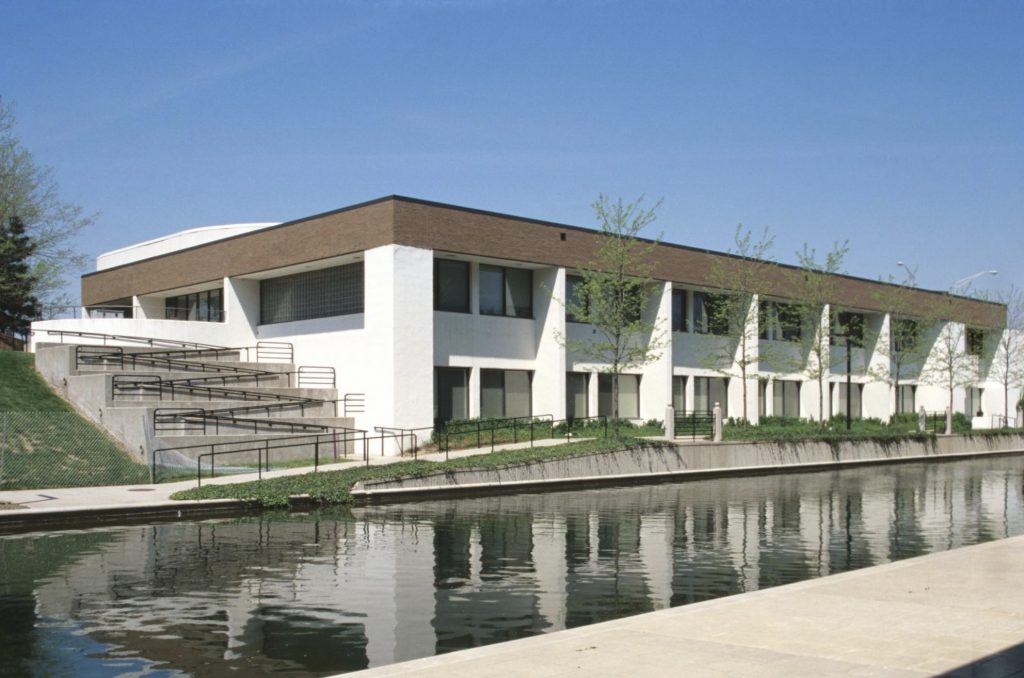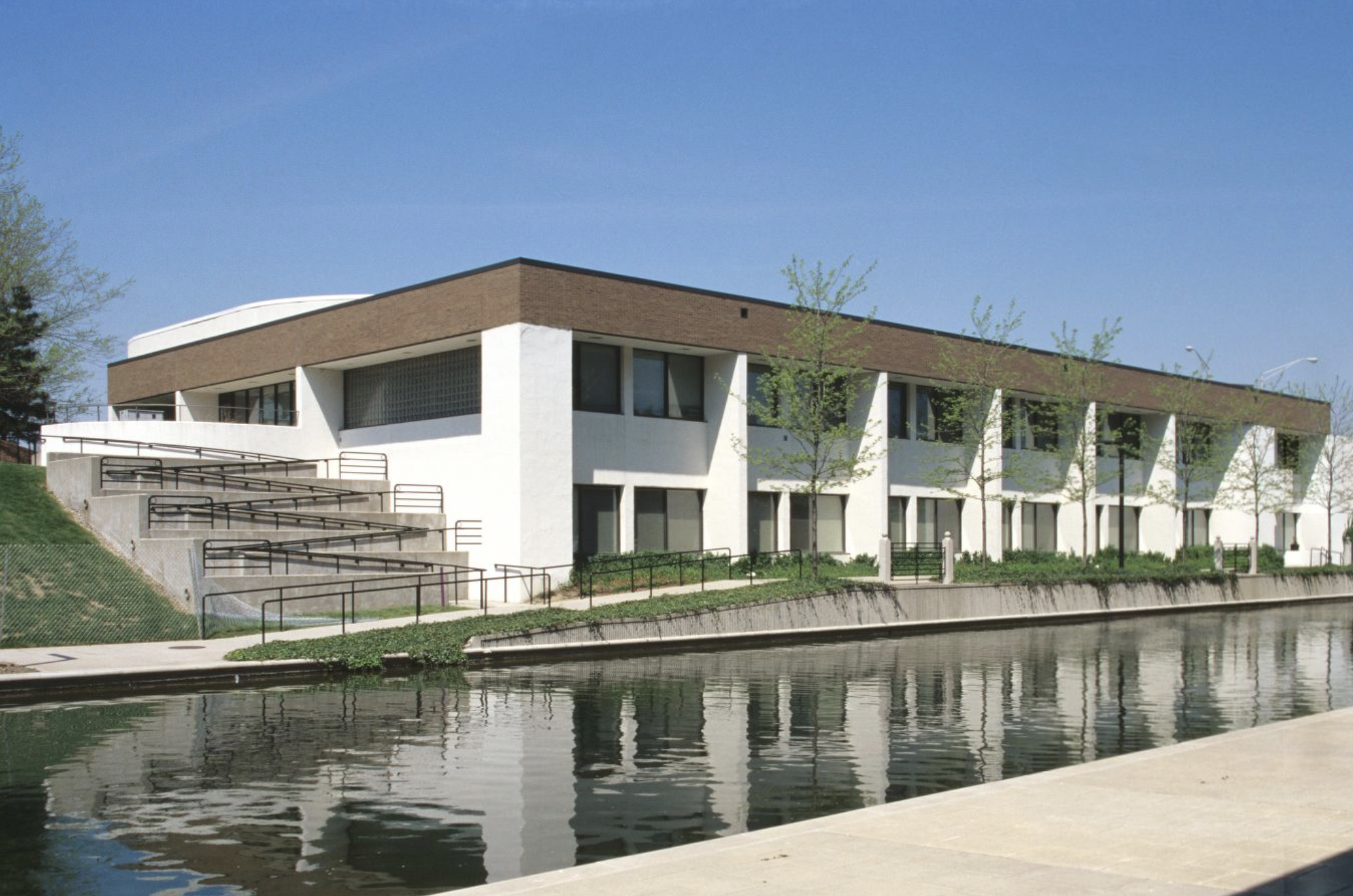Well before the term “sports medicine” had come into common use, a few Indianapolis physicians began concentrating on the treatment of injured high school and college athletes. Their services were offered in a clinic at the . This was consistent with developments in other major metropolitan areas, where the sports medicine movement grew out of an academic environment. The state’s major colleges and universities offered curricula in athletic development and treatment of related injuries.

A major boost to sports medicine development in Indianapolis came when city leaders began an effort to increase the community’s involvement in amateur athletics. As part of that effort, civic and corporate leaders convinced the board of trustees of the American College of Sports Medicine (ACSM) to locate a new headquarters in the city. Mayor and ACSM president William Haskell broke ground on December 15, 1983. The facility, one of the anchor projects of the downtown area redevelopment, opened in October 1984, thanks to contributions from , , the City of Indianapolis, William B. Stokely, Jr. Foundation, Eli Lilly and Company Foundation, Quaker Oats Company, Nautilus, and ACSM members.
As the city began attracting national and international sporting events, local physicians and hospitals created additional sports medicine clinics. One of the first facilities in Indianapolis designated solely for athletic injuries was the Thomas A. Brady Sports Medicine Center. In less than ten years the facility, which became affiliated with , was seeing more than 8,000 amateur and professional athletes annually. During the 1980s, other local hospitals such as St. Vincent,, and also began giving greater attention to sports injuries, adding orthopedic specialists, physical therapists, and trainers to their staff. In addition to those facilities, which operated with varying degrees of success, several independent facilities opened in the latter part of the decade, including Indianapolis Physical Therapy & Sports Medicine and Indiana SporTherapy to name just two. Indeed, by the early 1990s the Indianapolis telephone directories included numerous listings under the “sports medicine” heading.
*Note: This entry is from the original print edition of the Encyclopedia of Indianapolis (1994). We are currently seeking an individual with knowledge of this topic to update this entry.

Help improve this entry
Contribute information, offer corrections, suggest images.
You can also recommend new entries related to this topic.
